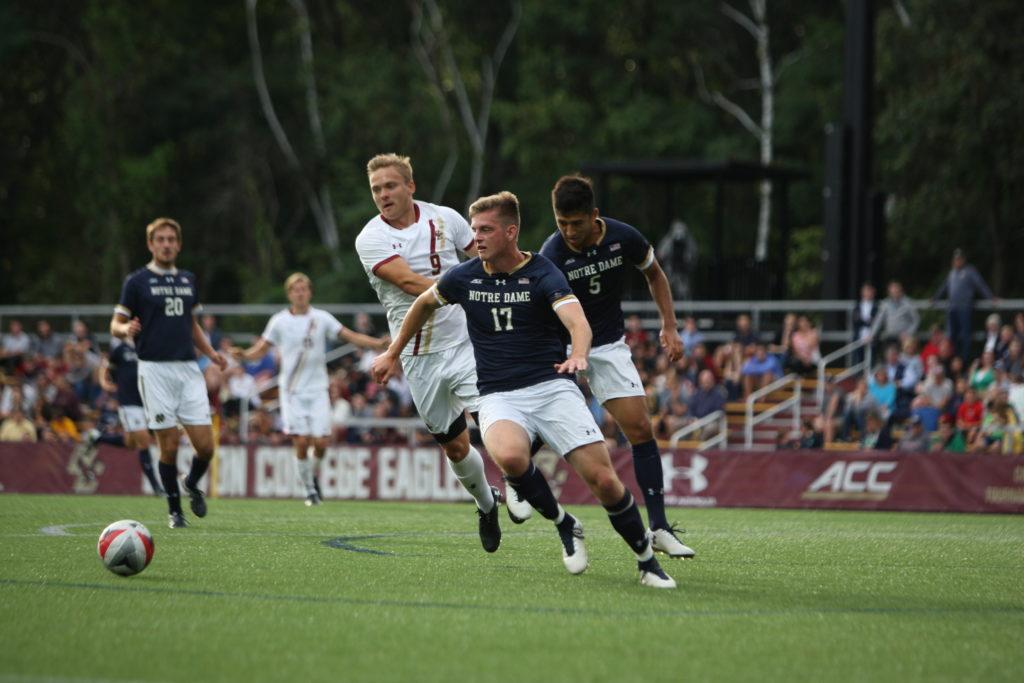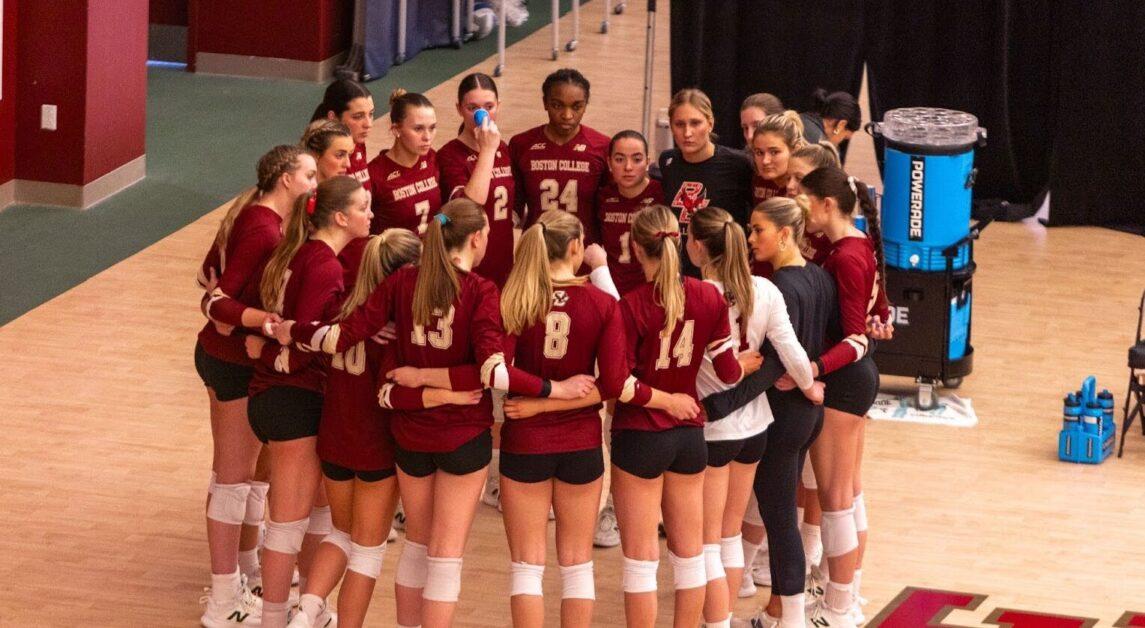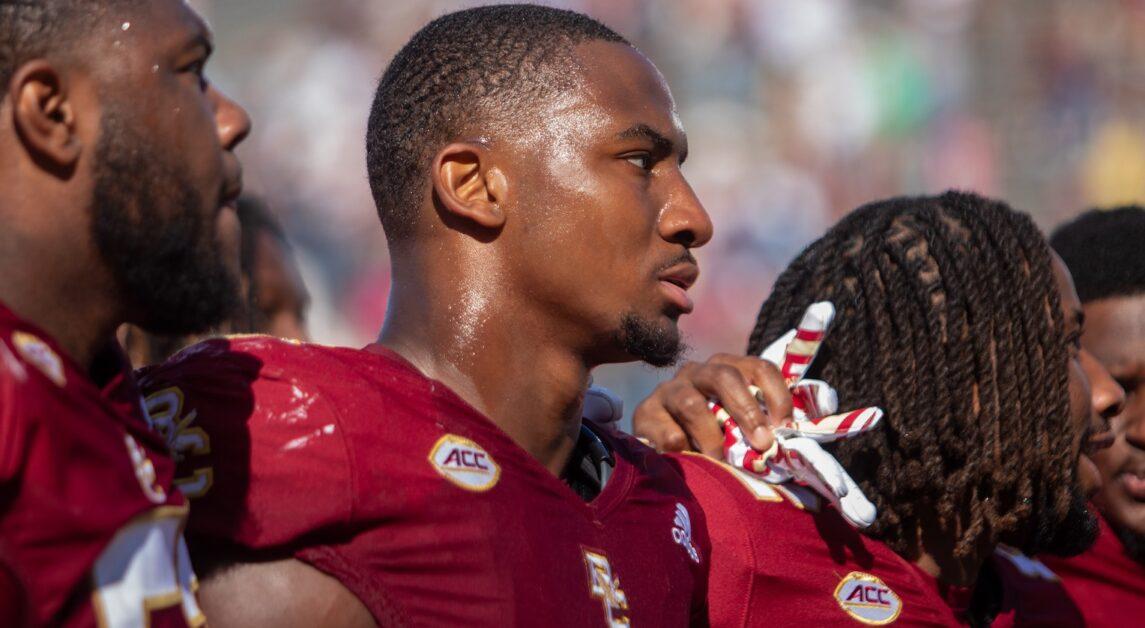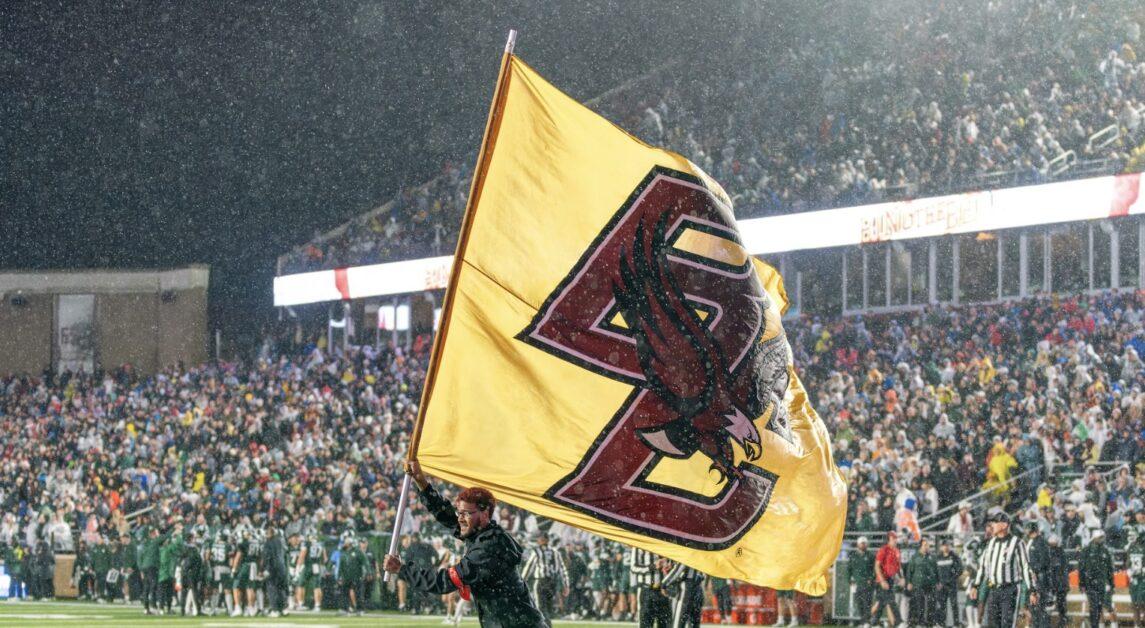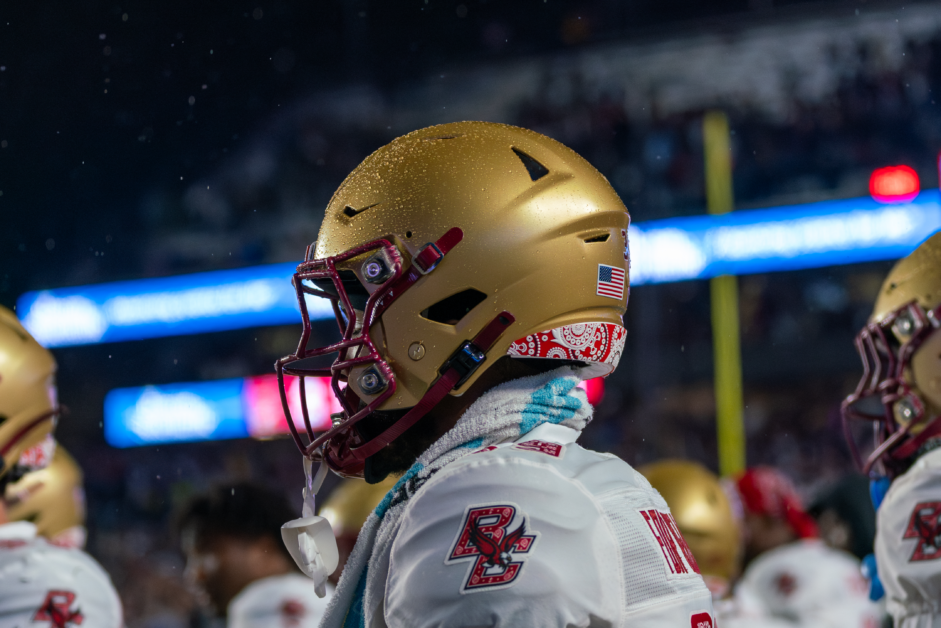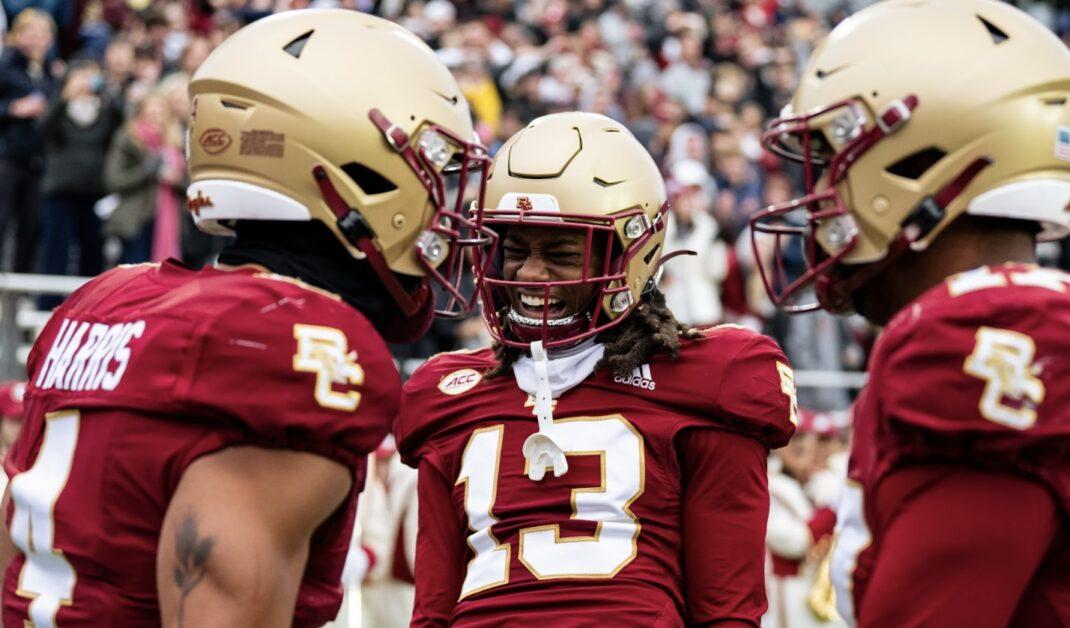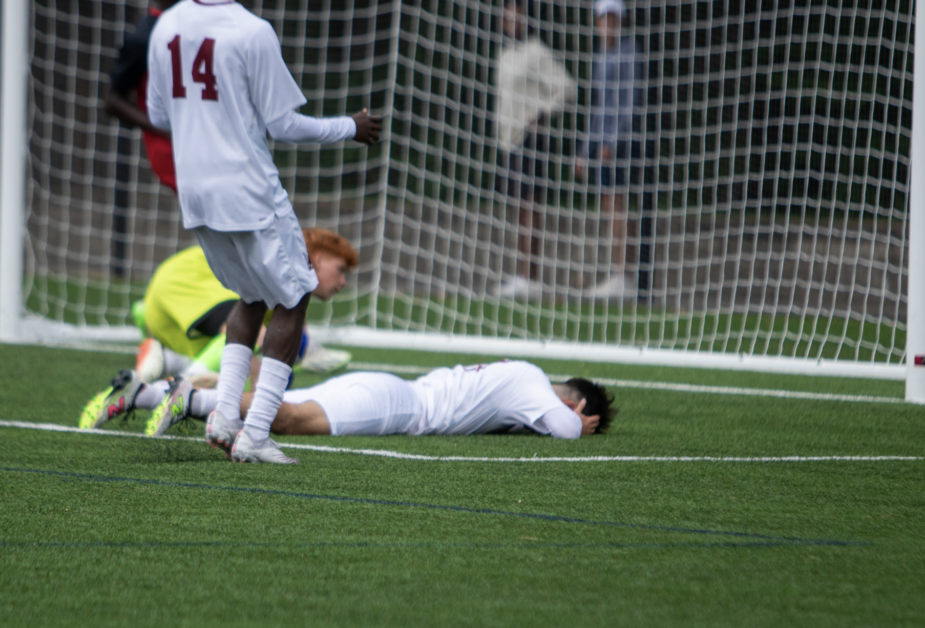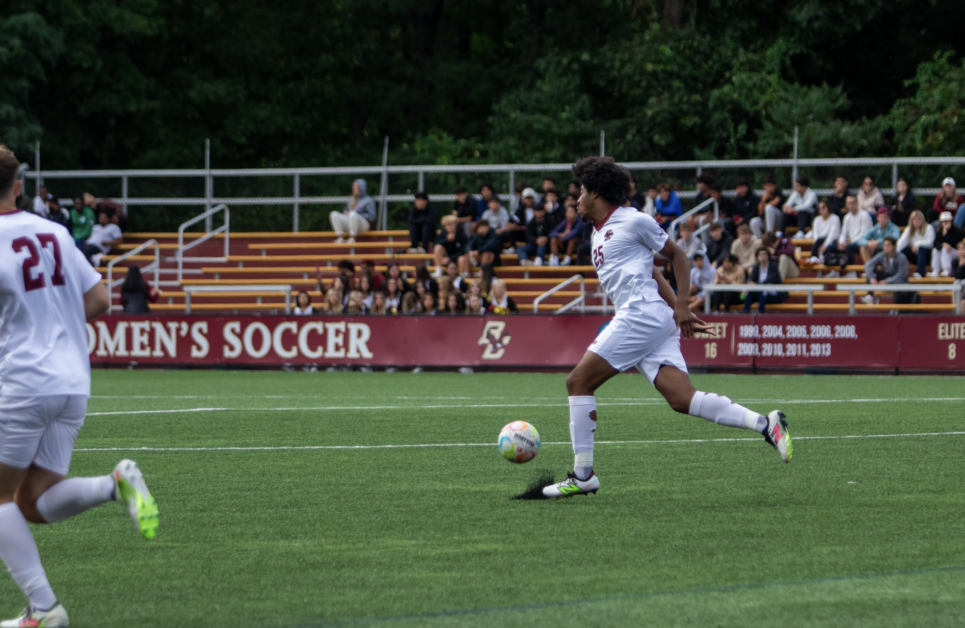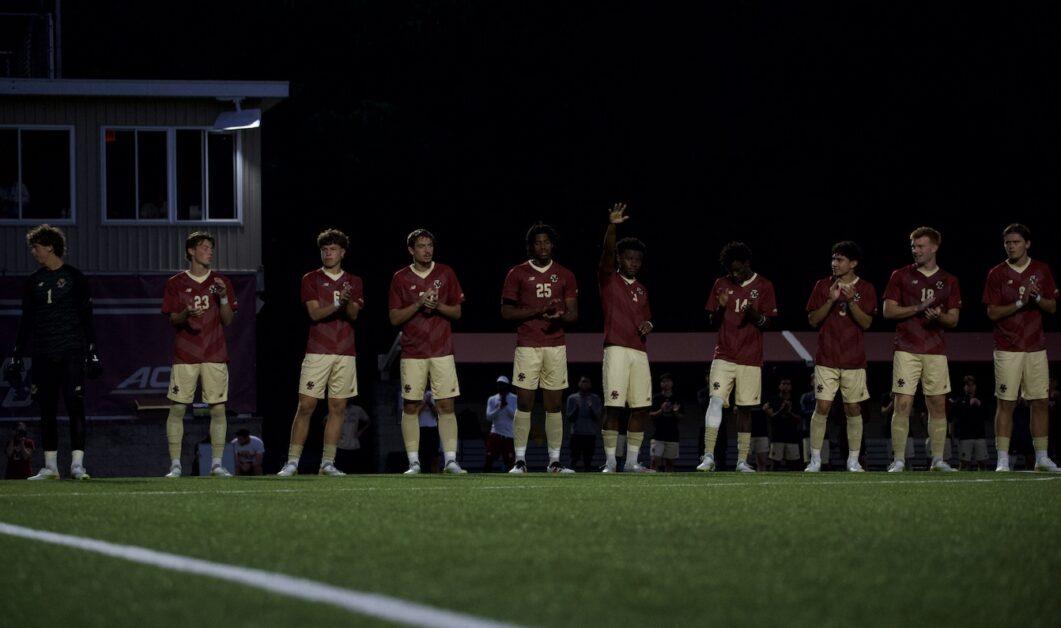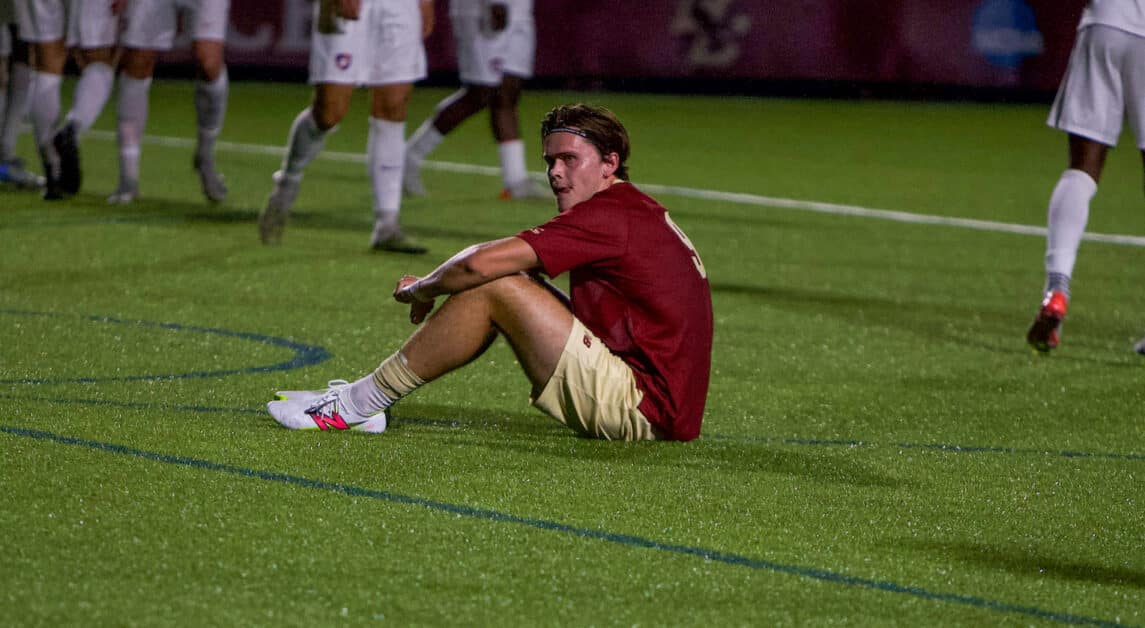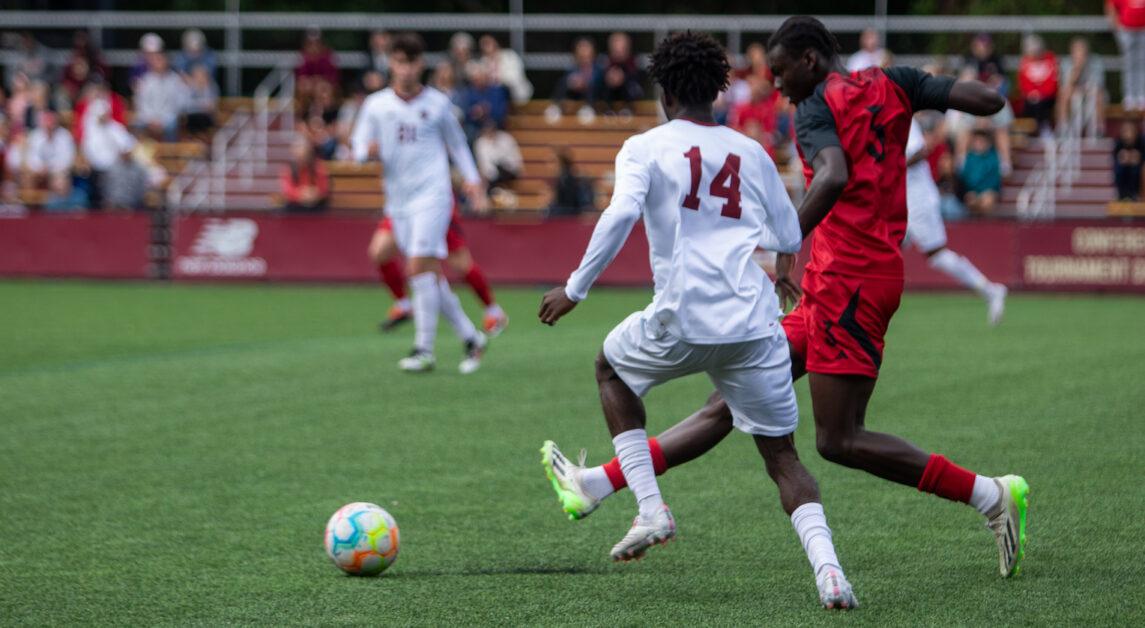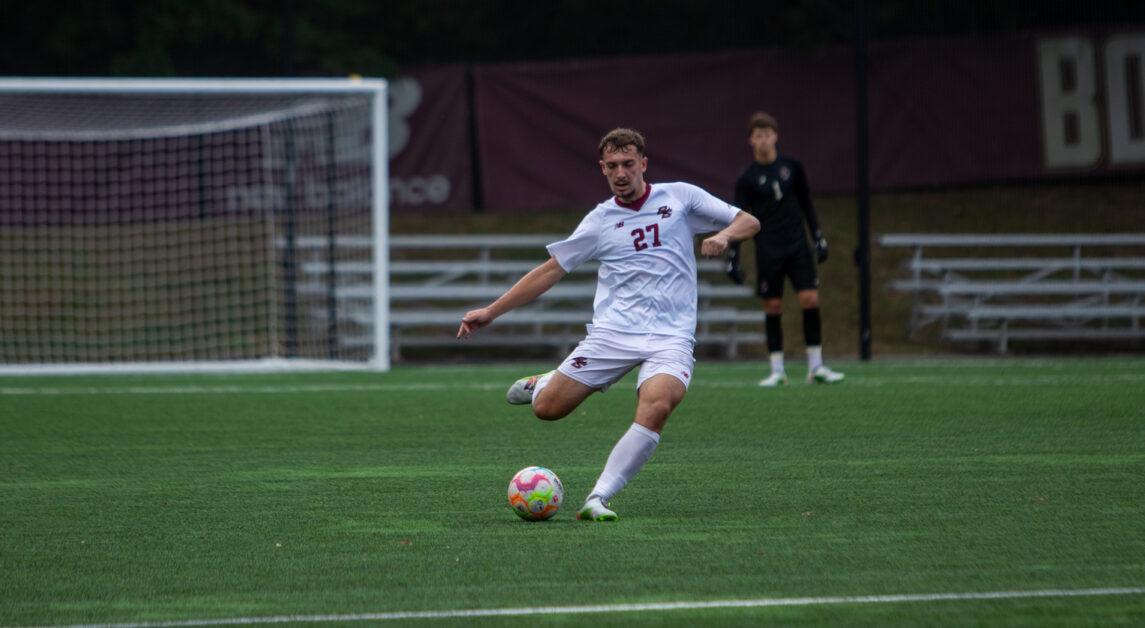Last year was the just the second time in the past 11 years that a member of the ACC didn’t make it to the men’s soccer national championship game, and you’d be hard-pressed to find a person that expects the same in 2018. The league placed seven teams within the top 20 of the U.S. Soccer Coaches Preseason Poll, including a remarkable four in the top 10. Even though Stanford has won three titles in a row and is once again the preseason favorite, the level of talent in the ACC—bolstered by four top-10 recruiting classes—is nothing to ignore. With teams in the midst of preseason scrimmages, here’s a look at the how the conference stacks up in terms of who’s in contention.
The Favorites
1) North Carolina
Entering 2018 with 10-consecutive NCAA Tournament selections and back-to-back College Cup appearances, the Tar Heels have also claimed three-straight Coastal Division titles and return eight starters from a 17-win team a year ago. The bulk of UNC’s scoring from a year ago—23 of the teams 53 goals and 26 of 50 assists—is gone, but there’s still plenty of strengths. A group of proven goal scorers, led by a now-healthy Nils Bruening, will have to pick up the slack following the departure of Cam Lindley, who jumped ship for the MLS after just two seasons. The back line didn’t lose any significant pieces and will be anchored by a pair of lockdown backs in John Nelson and Alex Comsia. Another player to keep an eye on is midfielder Mauricio Pineda, who will take on a much larger role in replacing Lindley and seems up to the task. Omir Fernandez and Brendan Servania are additionally coming off All-Freshman seasons. With depth in net and throughout the pitch, anything short of a return to at least the quarterfinals would surely be regarded as a disappointment.
2) Wake Forest
How do you send seven players on to professional ranks and still manage to boast one of the most talented rosters in D-I? That’s a question that fans of the Demon Deacons have grown accustomed to answering. Since taking over the program in 2015, Bobby Muuss has created a well-oiled machine that produces elite talent at a remarkable rate. Wake Forest is 55-8-7 throughout the fourth-year coach’s tenure, and it’s the result of excellent recruiting, coaching, and a strong program. The Demon Deacons are losing four of their top five scorers but are still confident entering the season, in large part due to the No. 3 recruiting class and several key pieces. The team is losing the ACC Offensive Player of the Year Jon Bakero and the Defensive Player of the Year Kevin Politz, but the talent at Muuss’ disposal is still excellent. Andrew Cases Mundet is arguably one of the ACC’s best goaltenders, posting a 0.49 goals against average last season while piling up 12 shutouts. Other key returners include shutdown defensive midfielder Brad Dunwell, four-year starter Sam Raben, and attacking midfielder Bruno Lapa.
3) Louisville
The Cardinals lost just twice in regulation last season, but a pair of penalty shootout defeats knocked them out of both the ACC Tournament and eventually the NCAA Tournament. The narrow margins that defined their 2017 season has the program ready to rebound this year, and the pieces to make another run are there—they’ve reached the Elite Eight in consecutive seasons. Forward Tate Schmitt netted nine goals last year and is arguably the conference’s premier striker, and will be looked to shoulder an even bigger burden this fall, with the team losing a pair of players to graduation and the second round of the MLS Draft.
In Contention
4) Clemson
On a run of five-straight NCAA Tournament appearances, Clemson has been a model of consistency under head coach Mike Noonan since he willed the program out of a lull in the mid-2000s. After losing eight seniors—including two talented players to the MLS SuperDraft—one might expect a slight bit of a rebuilding year, especially after 60 percent of its scoring departed. Noonan, though, went out and grabbed a top five recruiting class that is loaded from top to bottom. The gems include Carlos Asensio, Grayson Barber, and John Murphy—all players that can contribute from the get-go. Paired with a strong returning back line and a Mac Hermann Trophy Watch List goalkeeper in graduate transfer Jonny Sutherland, the Tigers are expected to be a tough out in 2018.
5) Duke
A program returning to previous heights, Duke won 13 games last season en route to the No. 6 overall seeding in the NCAA Tournament. Still, a third round exit has left the Blue Devils wanting more—the last time they reached the College Cup was back in 2004. Featuring seven returning starters and one of the top recruiting classes in the country, Duke is poised to make a solid push into the postseason. The returners are led by rising sophomore William Pulisic in net, who recorded seven shutouts in his debut season. Daniele Proch and Daniel Wright combined for eight goals and four assists last season and will likely pace the offense. The incoming players provide some of the most promise, though, as Santa Barbara transfer Kevin Feucht was a Big West Midfielder of the Year while Aedan Stanley and Ian Murphy are both top 25 recruits.
6) Virginia
Jean-Christophe Koffi was the only member of the conference to earn a 2017 All-ACC First Team nod and decide to return for this upcoming season—until he wasn’t. The rising senior opted to pursue chances professionally, signing with an agent and departing a Cavaliers program that would have posed a formidable threat with him as the star of the show. The losses continued to pile up—Edward Opoku, Jeff Caldwell, Pablo Aguilar, and Sheldon Sullivan were all drafted and headed to the MLS. UVA has reached the NCAA Tournament for a nation-best 37 years in a row, so expecting anything different would be foolish, but it doesn’t pack the same firepower as years prior.
Something for Romantics
7) Notre Dame
After 17 years at the helm of the Irish, head coach Bobby Clark called it quits, turning the reins over to Chad Riley. The former Notre Dame player was the head coach of Dartmouth the past five years, leading the Ivy League powerhouse to four-straight conference titles. Riley inherits a team that went a respectable 11-7-2 in 2017 and bowed out in the second round of NCAAs—but the driving forces of that roster have since graduated. With six returning starters and just 30 percent of the scoring back in South Bend, it’ll be a difficult task—but a top 15 recruiting class and a refreshing new look could make the year interesting.
8) North Carolina State
The Wolfpack returned to the NCAA Tournament for the first time since 2009—and that was was with just three seniors. The youthful roster was anchored by ACC Freshman of the Year Manny Perez and four other first-year starters, meaning the team now has a year under its belt. Perez had five goals and four assists, and was joined on the All-Freshman Team by David Loera, a talented midfielder. Add a defense that shaved 14 goals allowed off their total from 2016 to 2017, and there’s a lot of hope brewing. N.C. State hasn’t won more than eight games in each of the last five years, but that could no longer hold true after 2018.
9) Virginia Tech
For the first time since 2006-07, the Hokies have won double-digit games and reached the NCAA Tournament in consecutive years. Attempting to continue that streak might be a little tricky, though, especially with the loss of All-ACC First Team selections goaltender Ben Lundgard and forward Marcelo Acuna. Both were key pieces during their time on campus, with the former a MLS first-round selection and the latter netting 23 goals over the course of the last two years. Overall, VTech has just five starters returning, but remain optimistic with the underlying structure of the program it’s built. The Hokies are strong in the midfield and the backline, it’s just a matter of if the offense can get going without its leading playmaker.
Too Early to Tell
10) Pittsburgh
11) Boston College
12) Syracuse
All three of these programs aren’t bad by any stretch of the imagination, it’s just too early to place any real expectations on them. Pittsburgh was 30th in the country in RPI in 2017, but managed just two conference wins. You can probably expect that to change with the youth movement, bolstered by a top 10 recruiting class and a great group of sophomores. That said, betting on underclassmen to lead an ACC team is never the best bet to make. There’s a lot of hope around the BC program with the development of several quality players alongside a strong crop of newcomers, but there’s also a lot of talent leaving—the leader in assists and a trio of starters to be exact. Finally, the Orange are looking to avoid going winless in conference play for the second year in a row. Syracuse also has a strong recruiting class, most notably featuring three transfers—including one from the aforementioned Eagles, injury-plagued back Lennart Zeugner.
Featured Image by Lizzy Barrett / Heights Senior Staff

